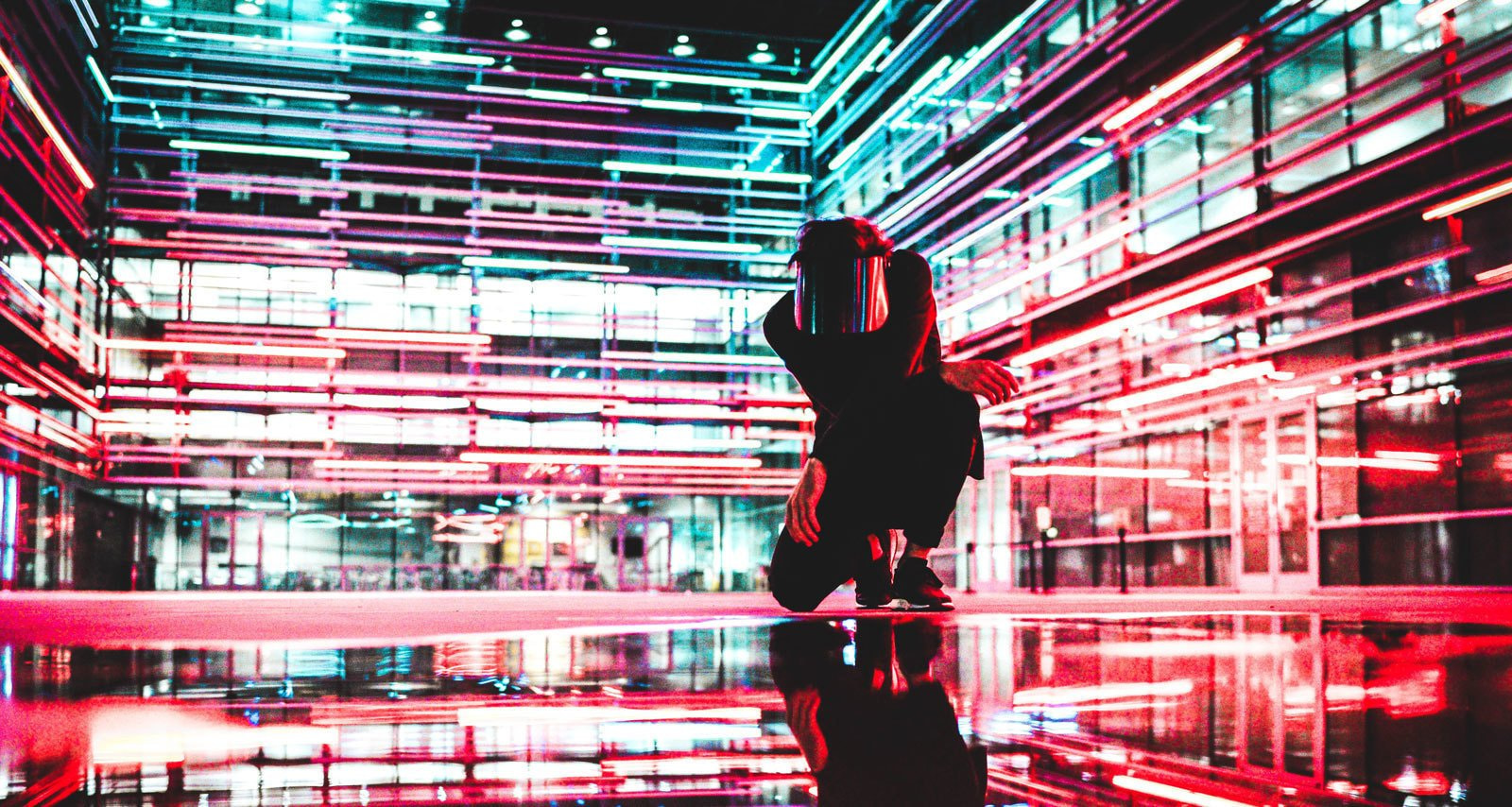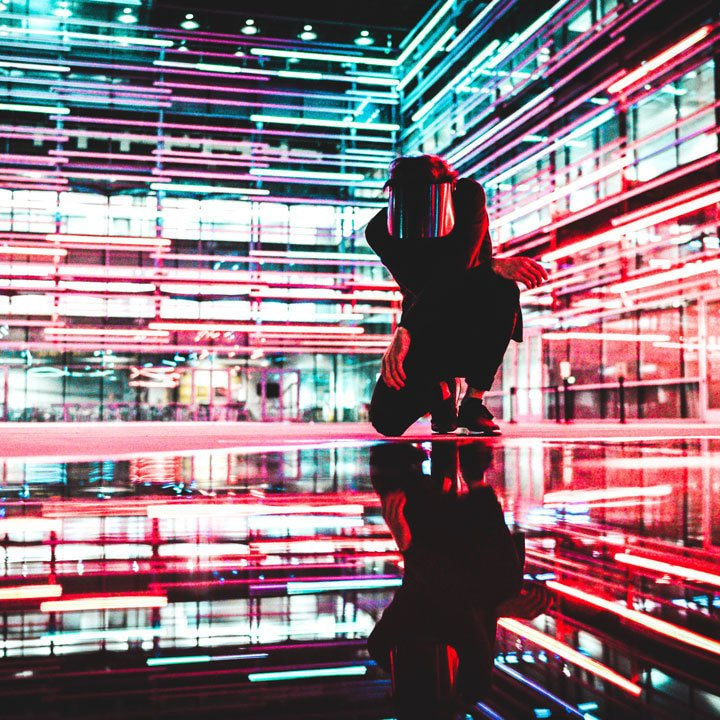The original vision of AI (1950s) was about automation of cognition. But today AI also plays a crucial role in culture, increasingly influencing our choices, behaviors, and imagination.
It is used to recommend photos, videos, music, and other media as well as people we should follow on social networks, to automatically beatify selfies and edit user photos to fit norms of "good" photography, to generate and control characters in computer games, and so on. While algorithmic creation has been practiced by individual artists since 1960s, contemporary industrial-scale "cultural AI" is based on gathering and analyzing data about behaviors of millions of people. The integration of AI into the everyday cultural lives of billions of people raises big questions about future of culture and taste. Will AI automation lead to gradual decrease in aesthetic diversity over time, and standardization of taste? Or will AI lead to more diversity and personalization? And how would we go about answering such questions on a global scale? Lev will discuss these questions and show a number of relevant projects by designers, artists, computer scientists, art historians, and music scholars, and also a few projects from his own Cultural Analytics Lab.

